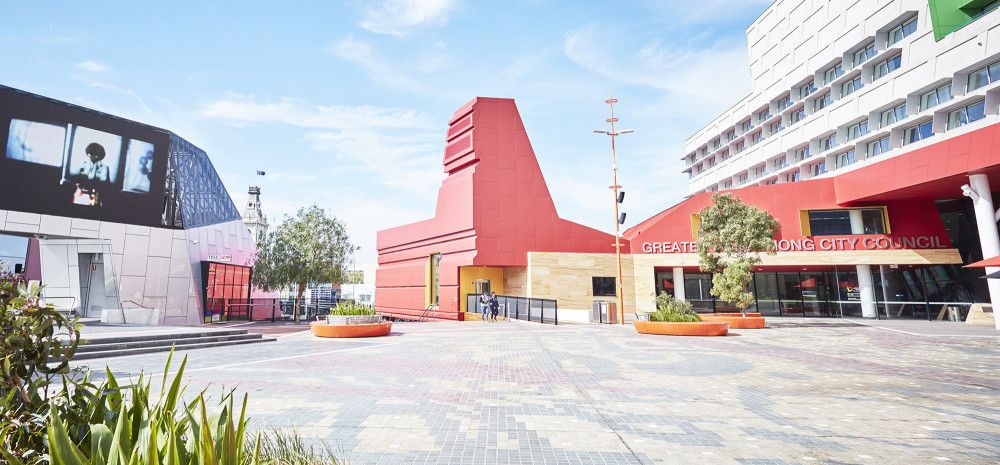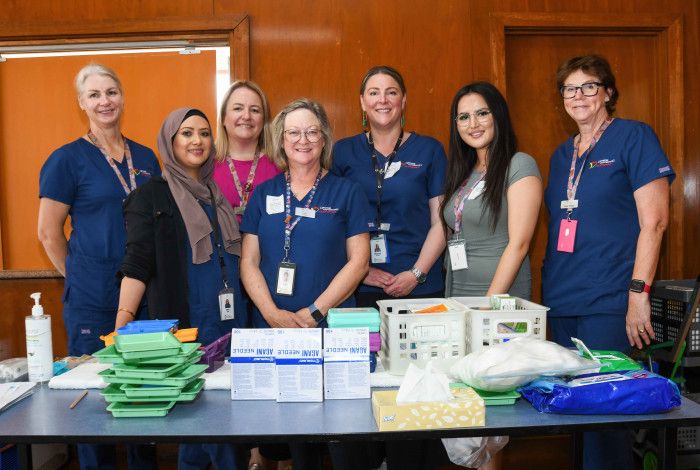
Statement to be attributed to Deputy Mayor, Cr Lana Formoso
The Victorian Government decided in July this year to cease funding for the Program for Refugee Immunisation Monitoring and Education (PRIME) by 31 December this year.
This decision now poses a serious public health risk to our state’s population, particularly to refugee and asylum seeker communities in the south east region.
PRIME is a frontline service, delivering lifespan immunisation in local government areas and asylum seeker healthcare and supports catch-up vaccination in primary care. Since 2017, PRIME costs Council $602,000 per year to administer.
High public immunisation levels are a critical safety net, not just for our refugee and asylum seeker communities, but for our state’s population at large, ensuring that protection from preventable diseases is always maximised.
Council has also established bicultural bilingual teams that respond to local needs and provide an essential public health safety net for our refugee and asylum seeker community.
Since 2013, the Victorian Government has also funded Council to deliver a place-based immunisation catch-up program at the Noble Park English Language School (NPELS). This program will now also unfortunately cease at the end of this year.
PRIME has increased vaccination coverage from 24% to 84% in refugee and asylum seeker populations of all ages. With PRIME ceasing, it is anticipated that more than 80% of refugees potentially unvaccinated or under-immunised. These circumstances will also result in family Centrelink payments being at risk, and access to early childhood services limited for this cohort due to the ‘No jab, No pay’ and ‘No jab, No play’ legislation.
Council is concerned that the South East Primary Health Network particularly was not consulted to transition this service to the primary care system, and they mirror our concerns in terms of general practitioner (GP) capability and capacity to effectively administer the refugee and asylum seeker immunisation program.
Of the 107 GPs Council contacted to establish capacity to take referrals, only 14 have indicated capacity to take a limited number of referrals, none have access to the system incorporating international vaccination records.
There is also a lack of culturally appropriate and specialised services available in the primary care system with not enough bilingual nurse immunisers available to effectively support this vulnerable population.
PRIME will need to refer around 1600 people back to primary care before the end of 2023 with clear evidence suggesting that primary health does not have the resources available to address this surge in demand.
Council has advocated to the Victorian Government to reconsider ceasing the funding for PRIME so that those most at risk of vaccine preventable diseases can stay healthy and safe as existing models of care in Victoria do not achieve adequate immunisation benchmarks for the refugee and asylum seeker communities.
Council’s PRIME team recently won the Glaxo Smith Kline (GSK) Immunisation Award at the 2023 Public Health Association of Australia conference.

